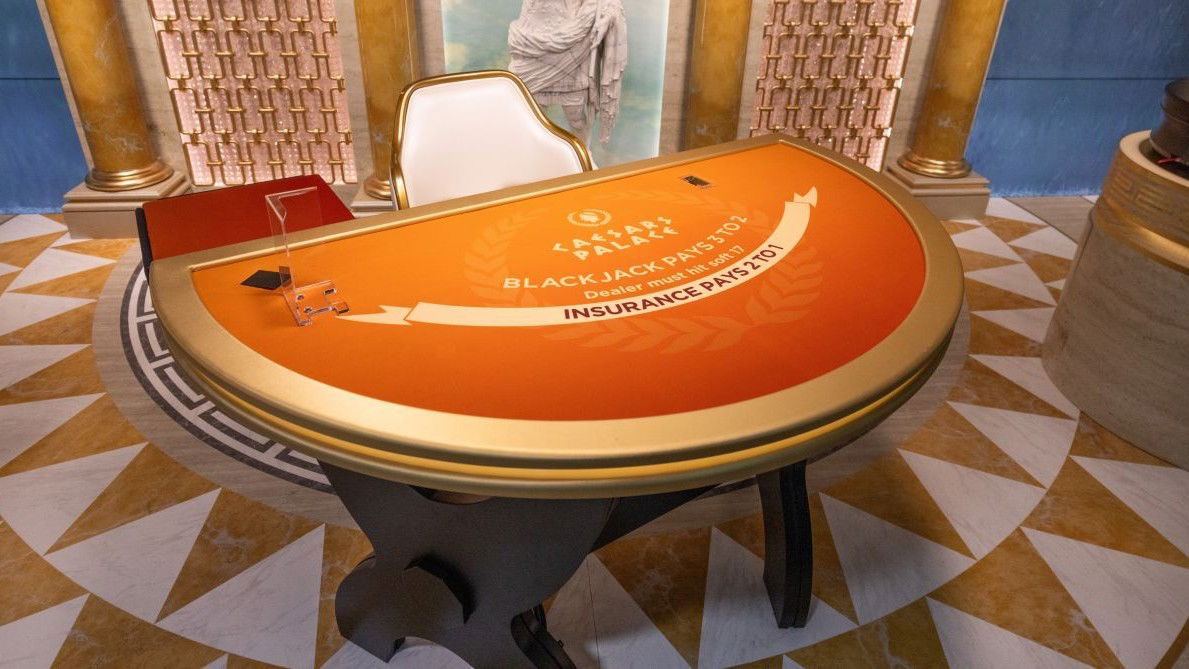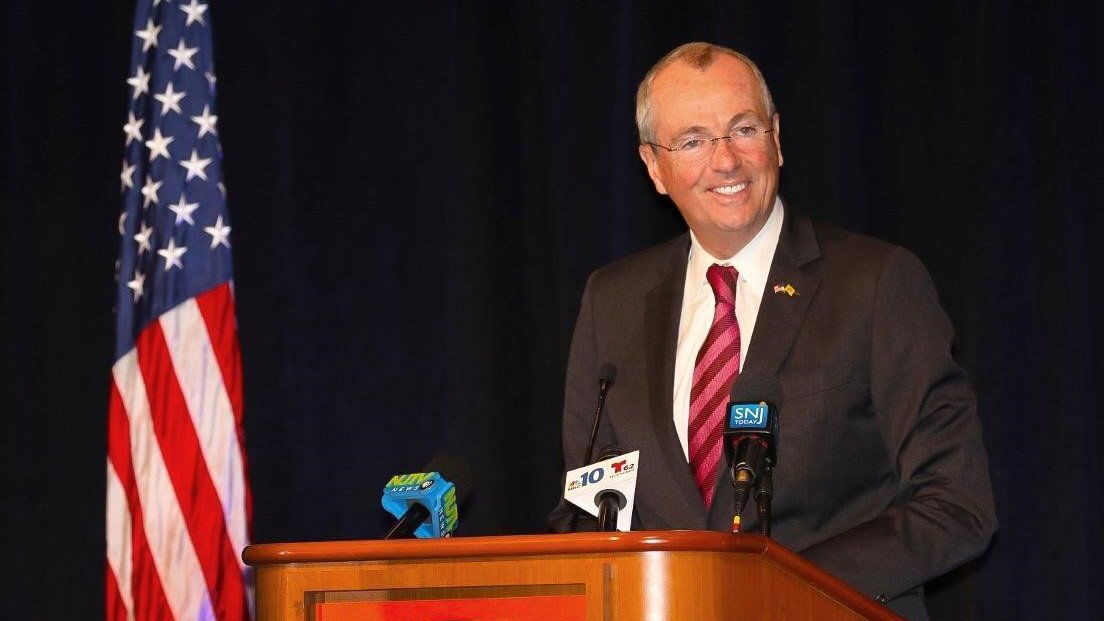Bally’s casino smoke-free proposal dropped as Rhode Island lawmakers weigh ban

An activist shareholder has opted against refiling a proposal urging Bally’s Corporation to consider a smoking ban at its casinos, shifting the battle over indoor smoking to state legislatures.
Trinity Health, a Michigan-based healthcare network and investor in casino companies, had previously pushed for a study on the financial impact of a smoke-free policy at Bally’s properties. However, the group will not bring the proposal forward at Bally’s 2025 annual shareholder meeting, citing the casino operator’s recent $4.6 billion acquisition by hedge fund Standard General.
“It would be difficult to achieve a vote result similar to what the resolution received last year,” said Cathy Rowan, Trinity’s director of socially responsible investments.
While stepping back from Bally’s, Trinity will continue to press other major casino operators—including Boyd Gaming, Caesars Entertainment, Wynn Resorts, and Penn Entertainment—to assess the costs and risks associated with indoor smoking.
The organization argues that allowing smoking could lead to higher employee health insurance costs, increased maintenance expenses, and lost revenue from non-smoking patrons avoiding casinos
In Rhode Island, with the shareholder route closed, attention now turns to the General Assembly, where a proposed bill seeks to eliminate the smoking exemption for Bally’s two casinos in Lincoln and Tiverton.
Rep. Teresa Tanzi (D) introduced the measure with House Speaker K. Joseph Shekarchi as a co-sponsor, while Sen. V. Susan Sosnowski (D) is pushing a companion bill in the Senate.
“We’ve always taken the position that this was going to take a legislative fix,” said Patrick Crowley, Rhode Island AFL-CIO president. “And we’re trying to let as many legislators know where we stand.”
Public opinion appears to be on the side of a ban, with a recent poll from the AFL-CIO showing that nearly 70% of respondents support smoke-free casinos.
However, casino executives and some lawmakers remain opposed to a smoking ban, citing potential economic consequences.
Sen. Frank Ciccone (D), chair of the Committee on Labor and Gaming, has expressed reservations, arguing that allowing smoking gives Bally’s a competitive edge over casinos in neighboring states.
“If you go to Lincoln, why are the majority of the cars in the parking lot from out of state?” Ciccone said. “Is it because they like us? Or do they come to us because they smoke?”
Bally’s estimates that a ban could cut revenues by up to 10%, leading to 126 job losses at its Rhode Island casinos. “We intend to present information about the revenue and jobs impact of a potential smoking ban when we testify on legislation,” said Bally’s spokesperson Patti Doyle.
The argument over job losses is being challenged by Matt Dunham, president of Local 711 (Table Game Dealers’ Union), who claims staffing shortages are already an issue.
“They run a barebones operation already,” Dunham said. “The problem I see in the casino is they don’t hire enough.”
The union plans to ramp up advocacy efforts through rallies and direct outreach to lawmakers.
Rhode Island is one of five states that allow designated smoking areas in casinos, along with Louisiana, Michigan, Missouri, and Pennsylvania.
Of the 27 U.S. states with commercial casinos, 11 have fully smoke-free gaming floors, including New York, Massachusetts, and Maryland.
The U.S. Centers for Disease Control and Prevention (CDC) has reaffirmed that the only way to eliminate the health risks of secondhand smoke is to prohibit smoking in all indoor areas.

















































